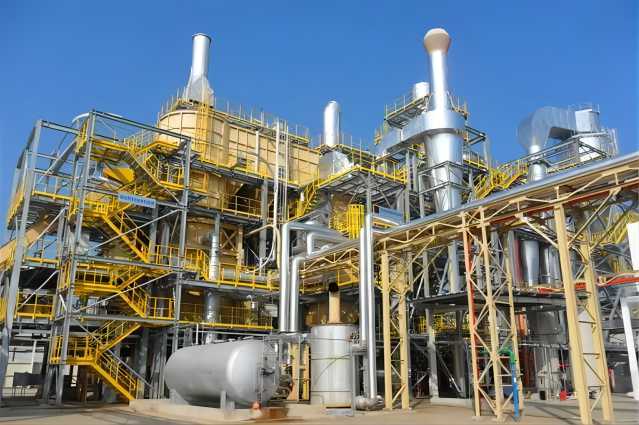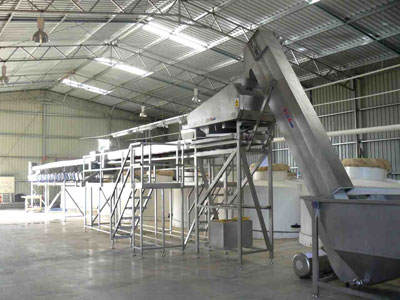Used Engine Oil Recycling: A Guide to the Benefits and How-To
Used engine oil is a hazardous byproduct that arises from the use of machinery. As engine oil is utilized in various applications, it accumulates impurities such as water, dust, and metal particles from mechanical wear. Consequently, the oil’s color darkens, and its viscosity increases, rendering it unfit for further use. In this article, we will explore the definition of used engine oil, the hazards it poses, the importance of its recycling, and essential considerations for its proper recycling.

What is Used Engine Oil?
Used engine oil refers to the used lubricant that has been contaminated with impurities during the machinery’s operation. These impurities may include water, dust, other miscellaneous oils, and metal particles generated from mechanical friction. Over time, these impurities degrade the quality of the oil, causing it to darken and thicken. As a result, the lubricating properties of the oil diminish, leading to potential damage to machinery if continued in use.
Hazards of Used Engine Oil
Used engine oil is classified as hazardous used due to its potential adverse effects on human health and the environment. When used engine oil is not properly managed, it can pose serious hazards:
- Environmental Pollution: Used engine oil contains a variety of pollutants, such as heavy metals, petroleum hydrocarbons, and other toxic substances. Improper disposal can lead to these pollutants leaching into the soil and water bodies, causing contamination and harming ecosystems.
- Air Pollution: Inadequate treatment of used engine oil can result in the release of harmful volatile organic compounds (VOCs) into the atmosphere. These VOCs contribute to air pollution, which can have detrimental effects on air quality and public health.
- Health Risks: Exposure to used engine oil and its fumes can lead to health issues for both humans and wildlife. The toxins present in the oil may cause respiratory problems, skin irritations, and other health concerns in humans. Additionally, animals and plants may suffer adverse effects if exposed to contaminated environments.
The Benefits of Used Engine Oil Recycling
To address the environmental and health risks associated with used engine oil, recycling and proper disposal are essential. Used engine oil recycling involves collecting the used oil, subjecting it to treatment processes, and repurposing it for various applications. Recycling used engine oil offers several benefits:
- Environmental Protection: Recycling used engine oil reduces the need for new oil production, conserving natural resources. It also prevents the improper disposal of used oil, reducing the risk of environmental contamination.
- Economic Benefits: Proper recycling of used engine oil can lead to economic gains. Recycled oil can be used in industrial burners, power plants, and other applications, offering a cost-effective alternative to new oil.
- Energy Conservation: Recycling used engine oil requires less energy compared to refining new oil. This energy-saving aspect of recycling contributes to sustainability efforts.

Considerations for Used Engine Oil Recycling
When recycling used engine oil, certain considerations must be taken into account to ensure safety and efficacy:
- Qualified Recyclers: Used engine oil must be collected and recycled by qualified and licensed recyclers. These professionals possess the expertise and equipment to handle the process safely and efficiently.
- Compliance with Regulations: Used engine oil recycling must adhere to national and local regulations regarding used management and environmental protection. This ensures that the recycling process meets safety standards and minimizes any negative impact on the environment.
- Proper Handling and Storage: During transportation and storage, used engine oil should be handled carefully to prevent spills or leaks that could lead to environmental contamination.
- Professional Treatment: Professional treatment of used engine oil is crucial to removing impurities effectively. The process typically involves filtration, separation, and purification techniques to restore the oil to a usable state.
Conclusion
Used engine oil is a hazardous substance that can cause severe harm to the environment and human health if not adequately managed. Recycling used engine oil is a responsible approach that not only mitigates environmental pollution but also offers economic benefits and conserves energy. By adhering to regulations, employing qualified recyclers, and ensuring proper handling and treatment, we can contribute to a cleaner and more sustainable future. Let us all take part in the proper recycling of used engine oil and make a positive impact on our environment.







